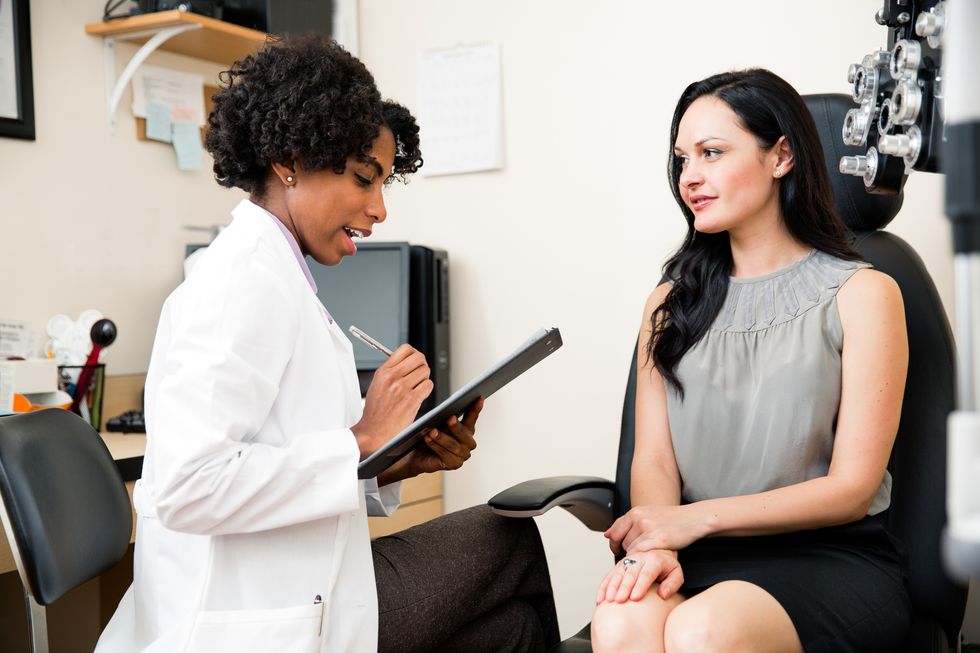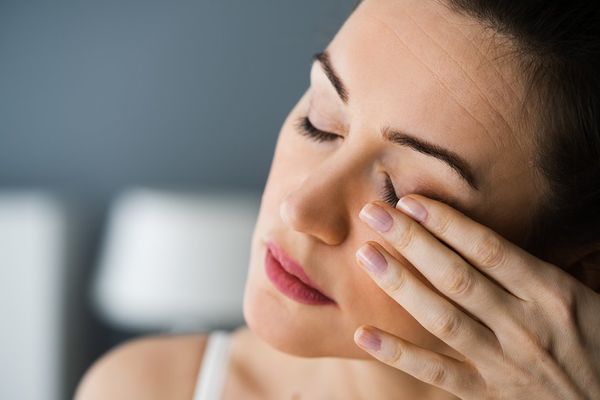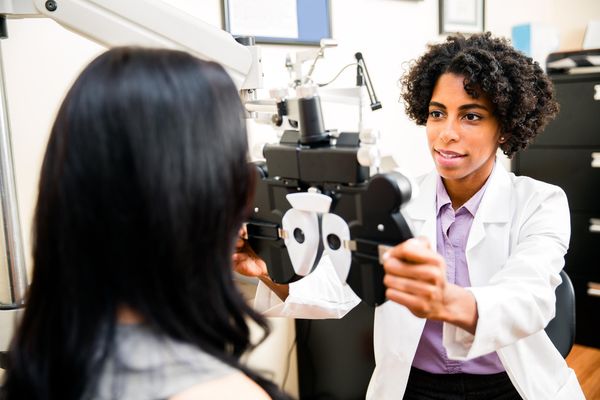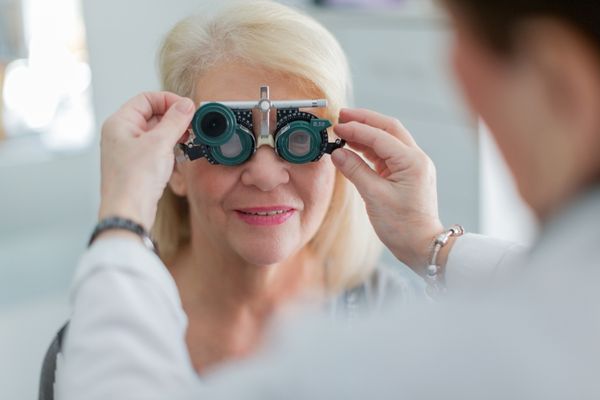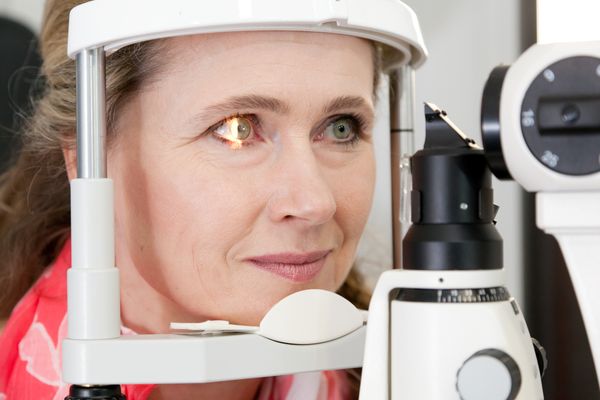By Elizabeth Shimer Bowers
The eyes may be a window to the soul, but more importantly, they're a telescope into the rest of the body. An eye care professional can detect numerous health conditions years before outward symptoms arise—just from your eyes. And because your eyes are your own personal window to everything around you—your loved ones, beautiful scenery or even a threat to your safety—it's critical that you have a good relationship with your eye care professional.
Today, people take a more active role in their health care than ever before. You can consider your health care providers your partners in your health journey. A key part of this relationship with all your health care providers—eye care included—is the conversations you have in the doctor’s office. In fact, good communication can be as important as the physical exam in identifying symptoms, determining a diagnosis and developing a treatment plan that works best for you.
A conversation with your eye doctor can help identify things that might not turn up in the eye exam and spot signs of health conditions that first manifest with eye symptoms. That's why it's important for you to talk openly and honestly with your eye care professional about any symptoms or changes related to your eye health, even if you don't think there's an issue.
A recent online survey of 1,053 adult Americans conducted by Allergan, makers of Restasis Multidose® (cyclosporine ophthalmic emulsion) 0.05%, and Kelton Global revealed some interesting findings concerning the conversations between people and their health care providers, including those involved in their eye care.
Here's an overview of some of the most important results:
It's time to talk with your eye care professional. When it comes to having a conversation about their health, more than half (53%) of respondents said they're most comfortable talking with their general practitioner about their health, while only 6 percent said the same about their ophthalmologist or optometrist. This isn't surprising, because general practitioners deal with conditions that may affect overall health. However, because eyes can reveal important clues about a person's health in general, it's also important that people feel comfortable talking with their eye care professionals.
First, make the appointment. When asked if they've visited an eye care professional within the last five years, 82 percent of respondents said yes. The American Academy of Ophthalmology recommends all adults get a baseline eye exam by an ophthalmologist or optometrist by age 40. If you have an eye disease or risk factors for developing one, such as a family history of eye problems, high blood pressure or diabetes, you should start seeing an eye care professional earlier. Once you reach the age of 65, you should get a comprehensive eye exam every one to two years, as recommended by your eye care professional. These guidelines apply even if you have naturally perfect vision or wear glasses or contact lenses.
So, you've made your next appointment—now how do you make the most of your time with your eye doctor?
How can you have a better conversation? When asked which topics they are most likely to bring up during a conversation with their eye care professional, over half (58%) say a change in vision, more than a third (37%) mention problems with glasses or contact lenses, and more than a quarter (28%) ask about blurriness. While these are important concerns, not enough people bring up other symptoms that can signal problems. For example, only 20 percent talk about sensitivity to light, 15 percent ask about watering eyes, 14 percent mention itchiness, and 12 percent say it feels like something is in their eyes. Some people may not discuss these issues because they aren't having problems with them, but oftentimes many just don’t realize these symptoms could be a sign of something more. That’s why it’s crucial to pay attention to changes related to the eyes, not just vision.
These conversations with your eye doctor can help you understand what is considered normal, as well as identify any chronic conditions that might benefit from treatment—such as chronic dry eye.
Assumptions that nothing is wrong. The survey revealed some patients don't openly discuss concerns about their eyes with their eye care professionals. Why? Among those with concerns, nearly half (45%) of survey respondents don't openly discuss concerns with their eye doctor because they don't think it's a serious issue, hope it will go away on its own or assume it's a natural consequence of aging. The only way to get to the bottom of symptoms or changes in your eyes is to have a candid conversation with your eye care professional. The sooner you and your provider discuss any issues, the better. If you are diagnosed with a type of chronic dry eye, ask about treatment options like Restasis Multidose®, which helps increase your eyes' natural ability to produce tears, which may be reduced by inflammation due to chronic dry eye. Restasis Multidose® is the only FDA-approved, preservative-free, prescription eye drop in the United States to be offered in a multidose bottle.
Relax and have that conversation. When asked how they would describe their conversations with their eye care professionals, the vast majority of respondents said they were positive (88%) and helpful (75%), and almost one-third (29%) even went as far as to call the conversations "enjoyable."
Overall, the survey results reveal a need for people to talk more openly and honestly with their eye care professionals about any symptoms or changes related to their eyes. After all, the conversation you have with your eye doctor is essential in receiving the right diagnosis.
This resource was developed with the support of Allergan.
Read Related Content:
How to Talk About Your Eyes
What You Need to Know About Chronic Dry Eye
Ask the Expert: Some Tips for a Better Conversation

